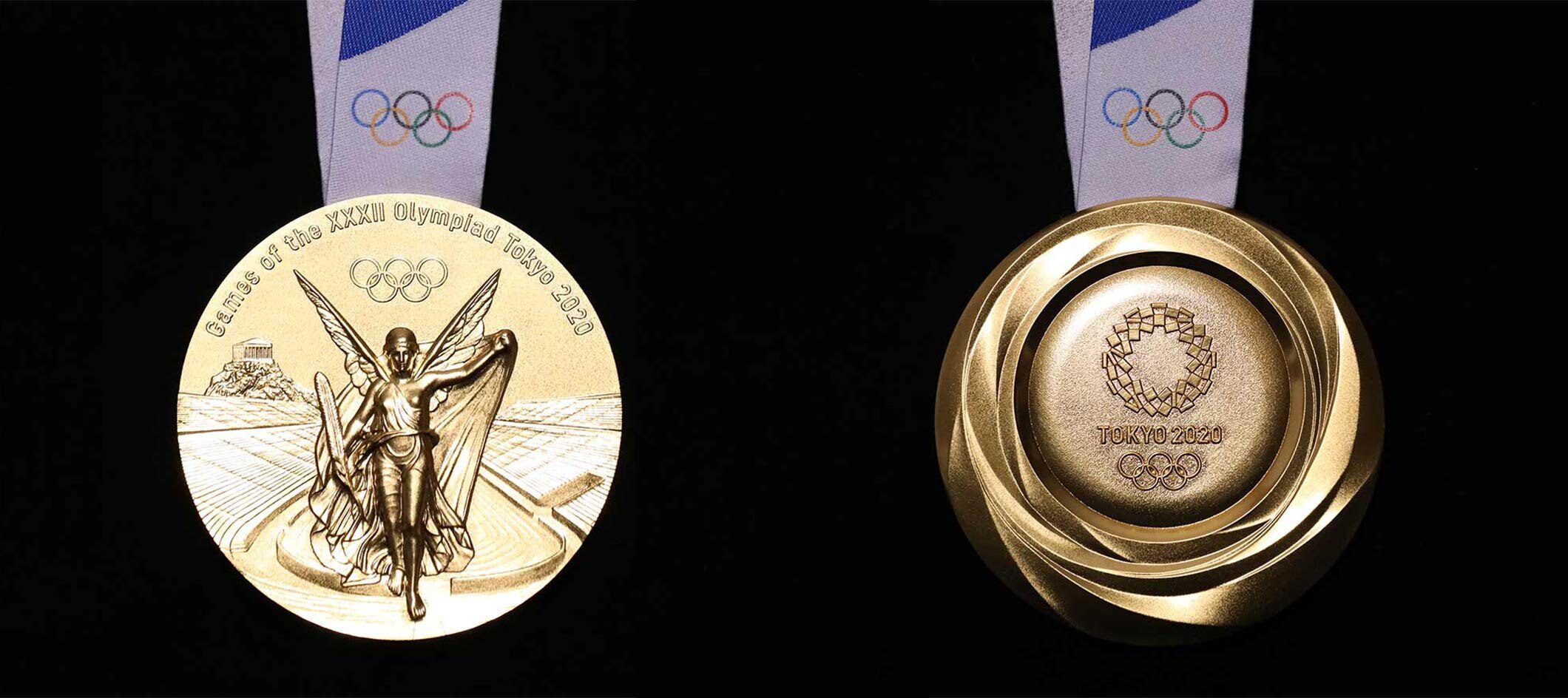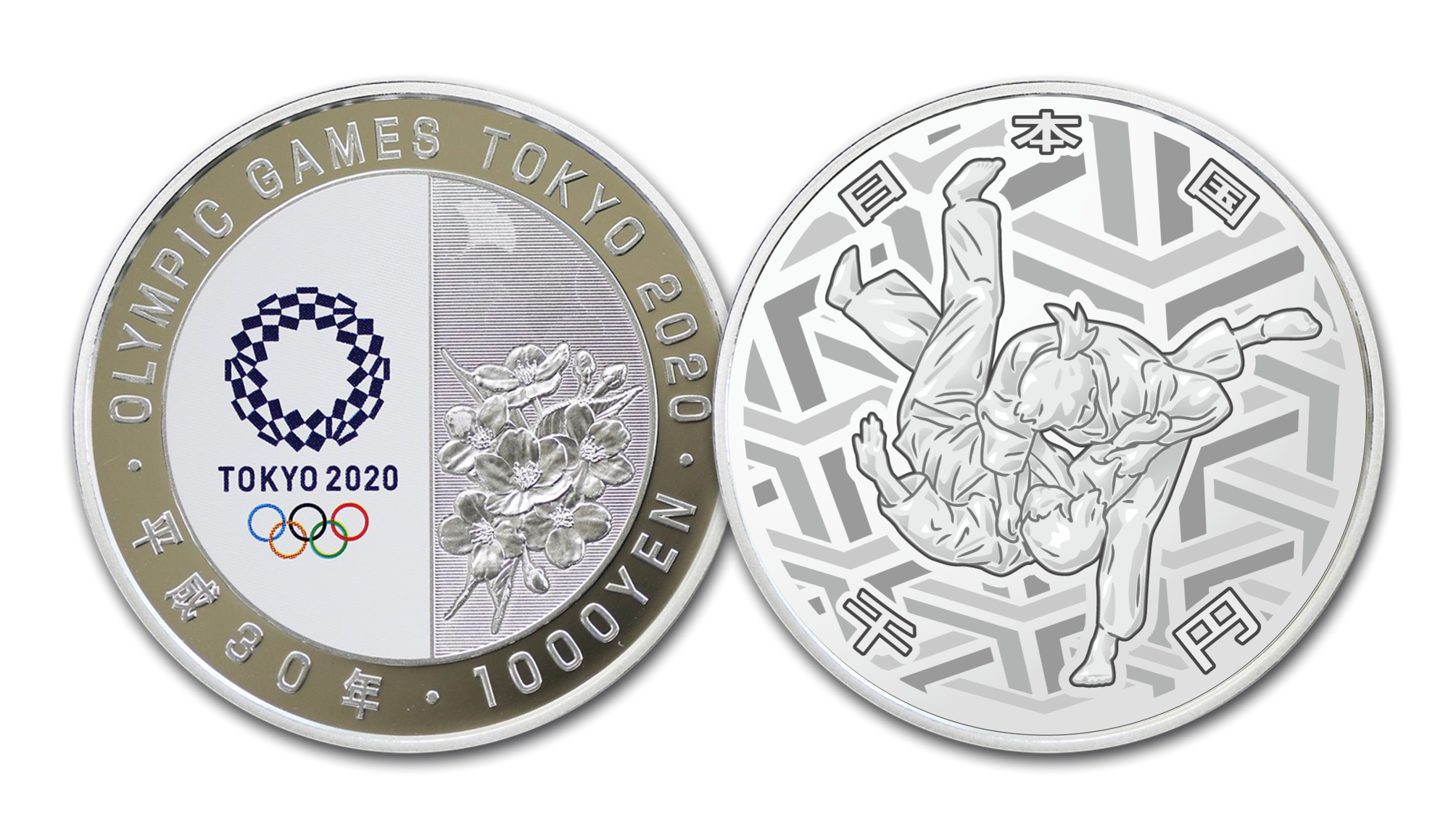

While Japan is not the first to make Olympic medals from recycled materials, it is the first time that citizens of a host country proactively donated their electronic devices as materials for the medals. Moreover, the podiums, uniforms, medals, and even the beds at the Olympic Village were all made from recycled materials. To promote sustainability, this year’s Olympics repurposed a number of the venues used in the 1964 Games. There would also be no handshakes or hugs at the podiums. After being presented medals on a tray, the athletes picked it up and medalled themselves. Self Service MedallingĪthletes at the Tokyo Olympics put their medals around their own necks to protect against spreading COVID-19. Syrian table tennis player Hend Zaza and Japanese skateboarder Kokona Hiraki were the youngest athletes in Tokyo at 12 years old, while Australian equestrian Mary Hanna was the oldest at 66 years old. Rio 2016 was the first time that an IOC refugee team had made an appearance at the Olympic games. IOC Refugee Olympic TeamĢ9 athletes qualified as part of the IOC Refugee Olympic Team for the Tokyo Olympic Games. The postponement of the Games cost the country close to $2 billion, after initial speculation that the cost could be as high as $6 billion. This is almost three times the original forecast of around $7.4 billion when Tokyo put together its bid for the Olympics. On the other hand, Japanese government auditors have claimed the total spending topped $20 billion. According to officials, the budget for the Games was $15.4 billion. The Tokyo Olympics were the most expensive Olympics on record. The two main areas were the Heritage Zone and the Tokyo Bay Zone. The StadiumsĤ0 venues in and around the city of Tokyo hosted 33 Olympic Sports and 22 Paralympic Sports events. It involved 10,500 torchbearers, who ultimately arrived at Japan’s Olympic Stadium in Tokyo. The Olympic Torch Relay traveled through all 47 of Japan’s prefectures over 121 days. Here are 12 interesting things to note about the 2020 Tokyo Olympics: 1. Other Facts and Figures About the 2020 Tokyo Olympicsĭespite a year-long delay and a slew of challenges brought on by the COVID-19 pandemic, this unprecedented Olympic Games went ahead. Here’s a look at the top 15 countries by population per Olympic medal: Country (population)Īmong countries with a slightly larger population, the Netherlands and Australia had strong showings. Turkmenistan and Burkina Faso also won medals for the first time at Tokyo 2020. This was San Marino’s first ever medal showing at an Olympic Games. By this measure, the European microstate of San Marino comes out on top.


Of course, countries with larger populations have an inherent advantage, so it’s also interesting to look at the top countries by population per medal. Here is the final Olympic medal count for each country that participated in the Tokyo Olympic Games: Rank The host country Japan comes in at third with 27 gold medals and a total of 58 medals. China finished the games with an impressive 88 medals in total. beat out China to claim the top spot by a single gold medal. won the most medals at the Olympics, raking in 113 total with 39 gold medals. In a complete show of dominance, the U.S. The country was first given the honor back in 1964 becoming the first Asian nation to host the Olympic Games.Įven in this most challenging of climates where the games had to be pushed by a year, nothing stopped the athletes from exceeding their limits and breaking long-held records. Tokyo hosted the 2020 Summer Olympics from July 24 to August 9, 2021, marking the second time Japan has hosted the Summer Olympics. Olympic Medal Count: How Countries Fared at Tokyo 2020Įvery four years, the Summer Olympics brings together thousands of athletes from around the world to compete in a global arena of sportsmanship and athletic excellence.


 0 kommentar(er)
0 kommentar(er)
